Economic Impact of the COVID-19 Pandemic in Riverside County
The coronavirus pandemic has caused a major disruption to the economic system. In the wake of the pandemic, the Federal and state governments are scrambling to offset the negative economic shocks and massive surges in pandemic-related unemployment. Given the unprecedented nature of a modern global pandemic, coupled with the quick spread and dissemination of the virus, there has been little time for policymakers to ensure sound COVID-19 policy. As a result, certain groups remain at risk of not receiving pandemic-related aid. This brief examines the communities and neighborhoods in Riverside County that are at greatest risk of not receiving pandemic-related aid.
Our new brief, in partnership with the UC Riverside Center for Economic Forecasting and Development, examines the level of unemployment insurance (UI) coverage at the neighborhood (census-tract) level. The analysis looks at the various Riverside County neighborhoods at risk of not receiving UI benefits as well as some demographics of those neighborhoods.
The findings suggest that several clusters at risk of falling outside the UI system are in:
- Palm Desert, northern Hinda and southern Temecula regions, in addition to areas outside the urban cores of Corona and Riverside.
- Neighborhoods with the least UI coverage are adjacent to neighborhoods with the most coverage, illustrating the inequality that exists in both the urban and rural parts of Riverside County.
- Some Asian-Americans, Pacific Islanders, African Americans, and individuals of mixed race also live in disproportionately high-risk neighborhoods.
- Non-Hispanic whites and Native American/Alaska Natives were the least likely to fall outside of UI coverage, followed by Hispanics of any race and foreign-born immigrants who were less likely to be represented in areas of higher UI coverage.
RECOMMENDATIONS
1. Enact policy to identify and provide UI benefits to Riverside County residents least likely to receive UI benefits under the CARES Act.
2. Enact Federal policy that provides Federal UI benefits to those least likely to receive UI benefits under the CARES Act.
3. Expand the state Disaster Relief Assistance for Immigrants program to provide aid at rates similar to those of the CARES Act.
4. Ensure that marginalized populations are aware of and take advantage of resources in the public, private, and philanthropic sectors to help people weather the financial hardships brought on by the virus.
5. Ensure that regionally inequality doesn’t worsen in the post-pandemic economy.
6. Enact Federal and state policies, and fund programs, to equip economically displaced people with job skills that are marketable during and after the COVID-19 crisis.
7. Adjust the Federal payment of $600 to ensure no disparity exists between workers in high- and low-wage states.
Download Working Paper >> Economic Impact of the COVID-19 Pandemic in Riverside County: Unemployment Insurance Coverage and Regional Inequality

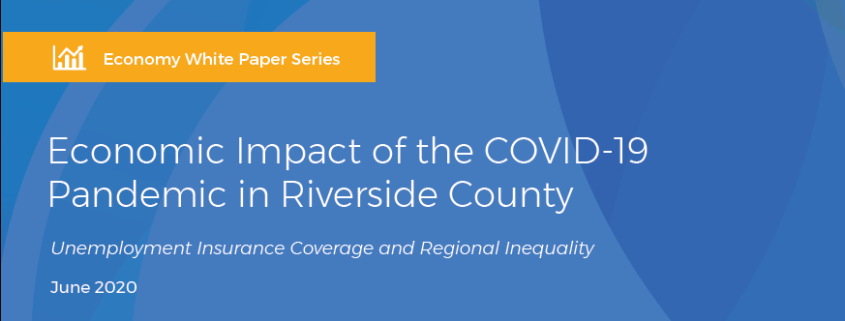

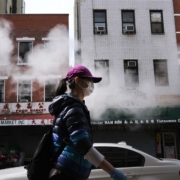

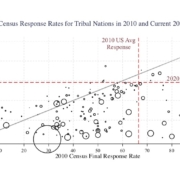
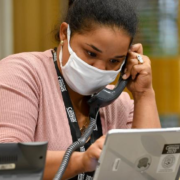
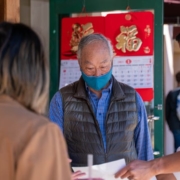

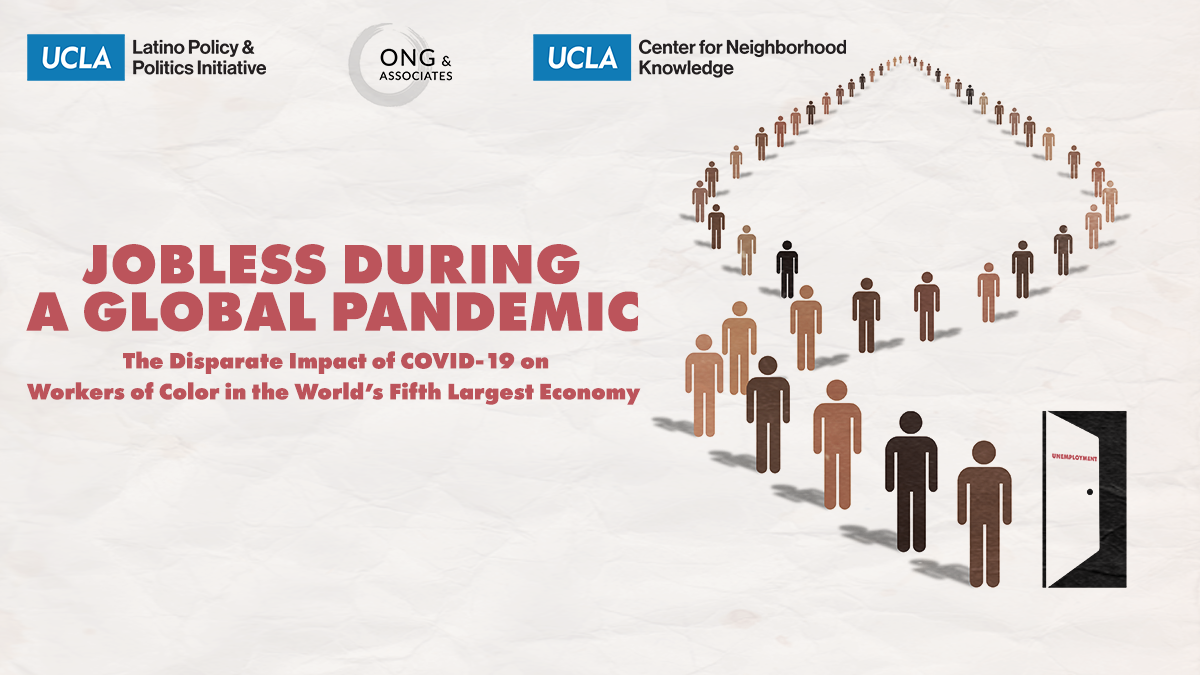


Leave a Reply
Want to join the discussion?Feel free to contribute!